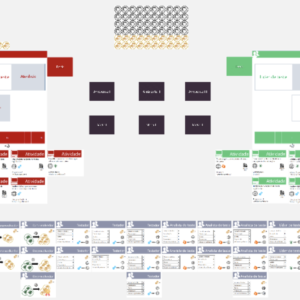
ProTesters: a board game for teaching the testing process
Moreira, G. G., Reinehr, S., Malucelli, A., & Van Amstel, F. (2022, November). ProTesters: a board game for teaching the testing process. In Proceedings of the XXI Brazilian Symposium on Software Quality (SBQS ’22), November 07–10, 2022, Curitiba, Brazil. ACM, New York, NY, USA, 9 pages. https://doi.org/10.1145/3571473.3571503 - Jan 28, 2023